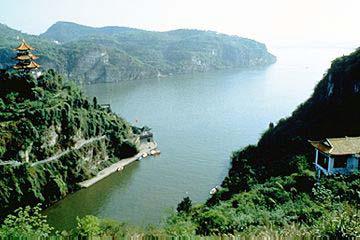3.1 Introduction
It has been argued by a number of philosophers that man’s relationship to the environment is largely defined by the traditional values and beliefs which derive from basic epistemological presumptions which motivate behaviors within a particular society. My aim in this chapter is to explore those basic presuppositions and to determine the extent to which they have contributed positively or negatively to our general philosophy of nature. If we are to advance the frontiers of environmental education, we need to understand the basic level of environmental values which permeate a culture. To raise the level of environmental awareness, as Maloney, Ward and Braucht (1975) have pointed out, “we must determine what the population knows, thinks, feels, and actually does regarding ecology and pollution” (p.787). Extending the point, Johnson, Bowker & Cordell (2004) claim that different populations with different social practices and cultural dispositions are likely to embrace different values on and different attitudes toward nature generally and the environment, specifically.
It is China’s developmental strategy, for example, to make economic growth the central goal of the nation, through accelerated industrialization, agricultural modernization and urbanization. The developmental exploitation of natural resources with no or little regard for its adverse impacts have led to the extensive degradation of the environment in China. The manufacturing industries are the biggest consumers of raw materials and energy in China (The People’s Republic of China, 2007). Consequently, they are also the major producers of air pollution, wastewater and waste solids as well. Furthermore, the use of aggressive equipment and technologies in the rural collectives and private enterprises in China has also caused serious pollution and irrevocable the environmental disruption (ibid). In order to accommodate the accelerating urbanization through the expansion of small cities and towns, different level of governments and industries of vested interest have turned forests and grassland into real estate construction sites, exploited the river and lakes for soil and rock, and reclaimed land from lakes and oceans (World Bank, 2007). As for agricultural modernization, application of excessive chemical fertilizers and pesticides on the already arid land caused severe water and soil pollution and damaging the natural environment (The People’s Republic of China, 2007; Ministry of Environmental Protection, 2009).

